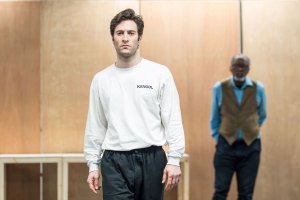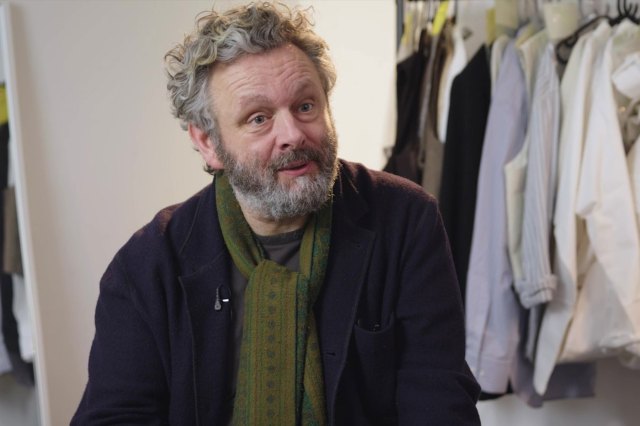Year of the Producer Blog: Kate McGrath on co-running Fuel
Kate McGrath is co-director of Fuel, a producing organisation working in partnership with artists in the UK to develop, create and present new work for all.
Here McGrath talks about producing in the subsidised sector, giving an insight into Fuel’s artistic vision.
This feature is part of our ongoing Year of the Producer series, which is run in association with our 2012 Whatsonstage.com Awards charity Stage One.
Kate McGrath: In 2008, I went to see a short show presented by Apples & Snakes and BAC: written and performed by Inua Ellams, it was about 20 minutes long. It was beautifully written – in a lyrical and soulful language littered with dense sound patterns and playful rhythms, and it told the beginnings of a story which gently challenged the audience to look at the world in a different way. Inua performed with poise and an instinctive capacity to draw the audience in to his world.
Fuel, the company I co-run with Louise Blackwell, helped Inua make a full length theatre piece, The 14th Tale, which we premiered at the Edinburgh Festival, where it won a Fringe First, and toured around the UK, before it transferred to the National Theatre. We are now touring the show internationally, from nearby Ireland to the distant shores of Perth, Australia.
We have made two new shows with Inua since then, and this week, we premiered his latest piece of theatre, Knight Watch, which is performed outdoors around London and the UK by Inua and two fantastic musicians, telling a magical realist tale of a city in chaos as gang violence overtakes it, to mark the anniversary of the riots in London in August 2011.
Why am I telling this story? Inua is young, almost overwhelmingly talented and a nice bloke to boot. Born in Nigeria, he moved to the UK with his family as a child, spending his teenage years in south London. Only recently granted right to remain in the UK, Inua’s work is inspired by his own life experiences, and invites his audiences to see the world from a different perspective.
Inua doesn’t come from a background where making a show without being paid (or the notional ‘profit share’ agreements that many young theatre makers are encouraged to accept as they begin their careers) is an option for him. He was utterly unknown as an artist, and entirely inexperienced in theatre, when I first met him. There was no guarantee he could create a full length theatre show that would hang together, or that we would find an audience for it. But we believed it was worth the risk, and we were able to apply for subsidy to support that risk.
Fuel exists to create fresh work for adventurous people by inspiring artists. We work to identify artists with a unique perspective on the world and the articulacy in their language and form to communicate that perspective to an audience. We can only do what we do with the support of public subsidy.
Whether it’s to enable fair and equal access to the arts for makers and for audiences, or to enable artistic risks to be taken which couldn’t be taken in a commercial context, or to preserve our cultural heritage, or to enable people around the country to see visual art, hear music, read literature, or experience theatre and dance which enriches their experience of life and enables them to understand the world and each other better, we have to stand by our commitment to sustained public investment in the arts in this country, or we will truly live to regret it.
We recently worked with Belarus Free Theatre to produce their latest show, Minsk 2011, which we opened in Edinburgh, toured around the UK and have just finished running at the Young Vic as part of LIFT. The director of that piece, Vladimir Shcherban was asked at a post-show Q&A session if they really thought making theatre would have an impact on the political situation in Belarus. His answer was brief and clear: “Theatre changes people, and people change the world.”
He’s right, and it’s up to us to find – and to fund – theatre makers who have the vision and skill to create art that can change people who will in turn change the world.












